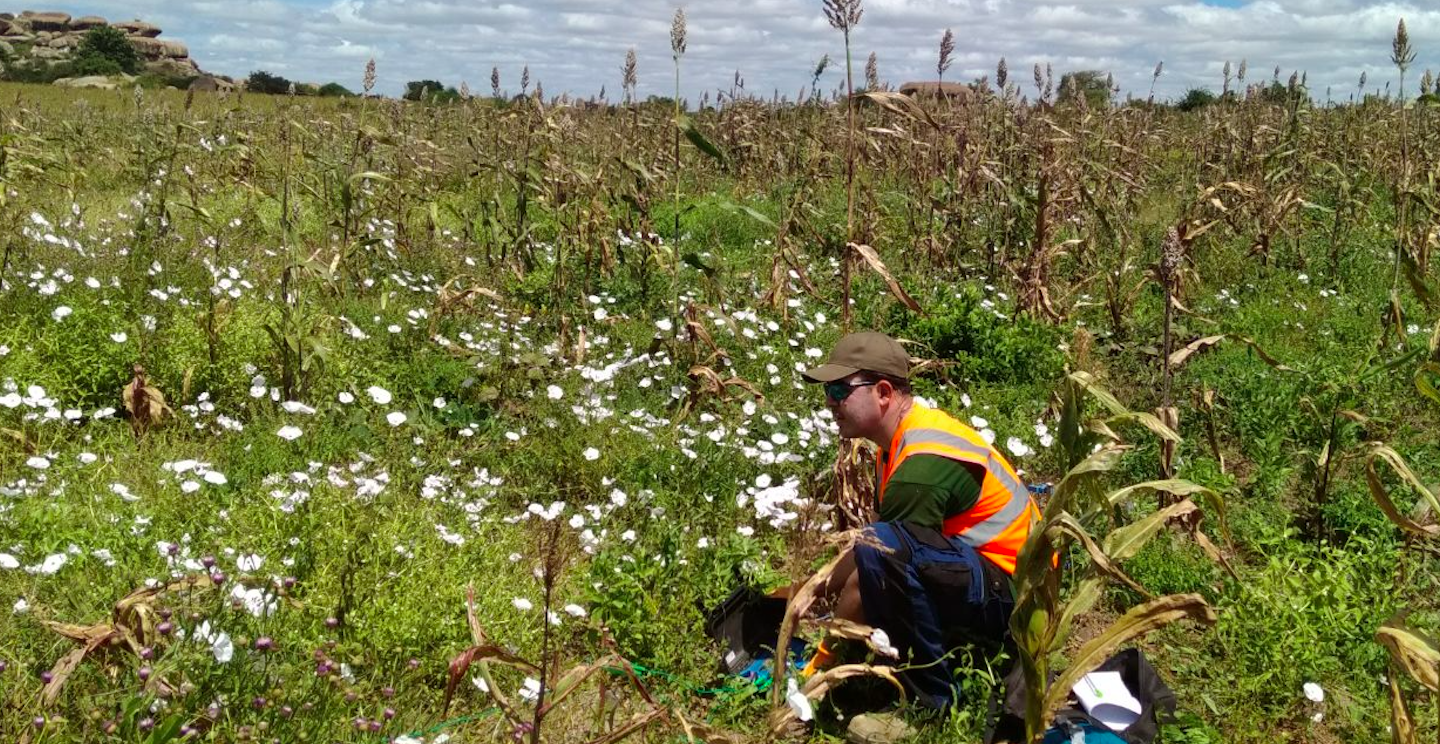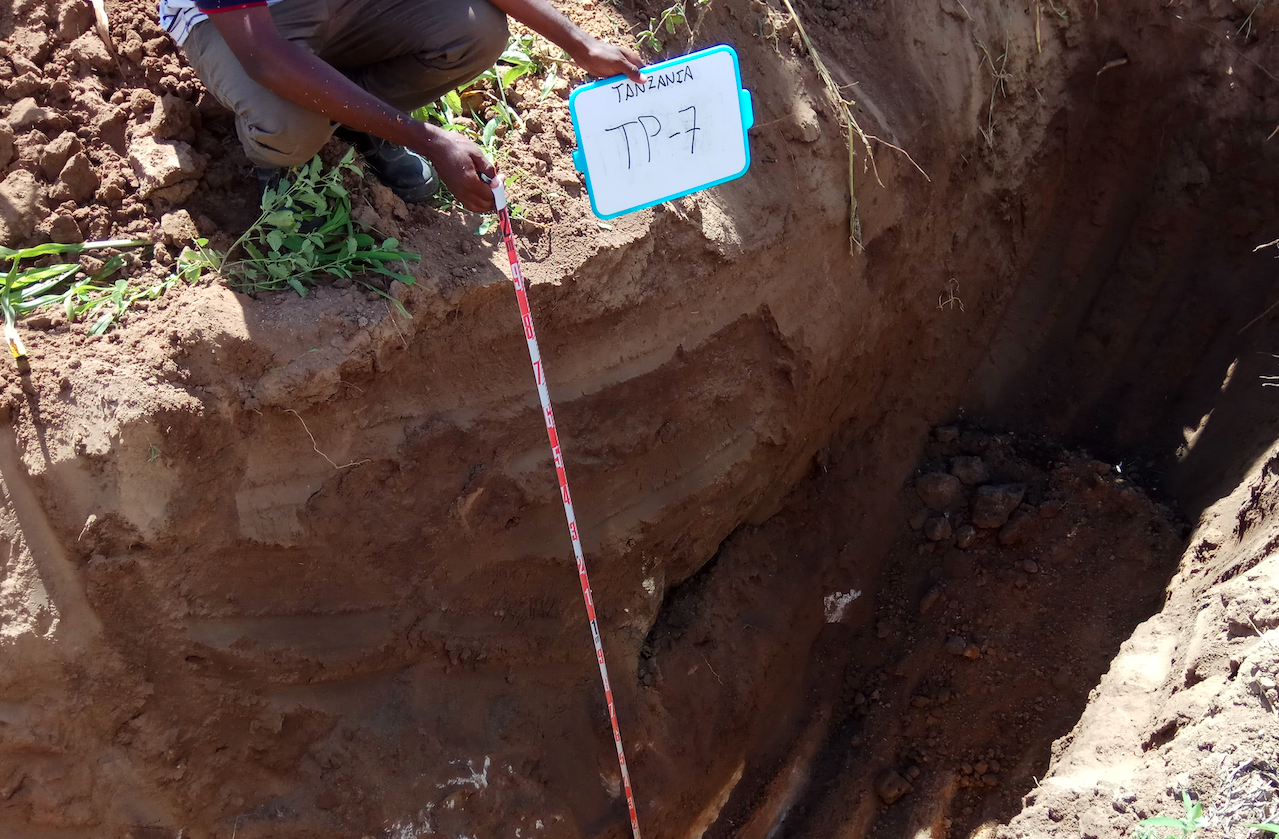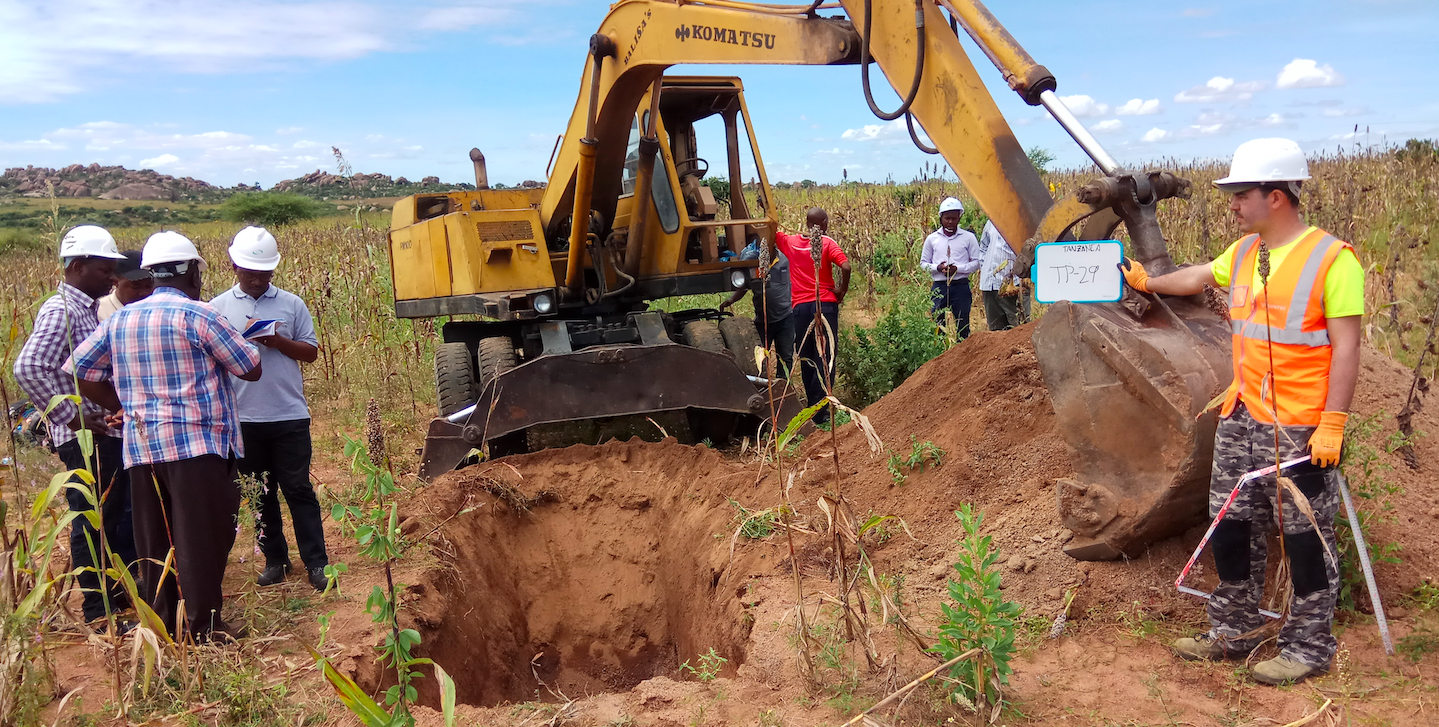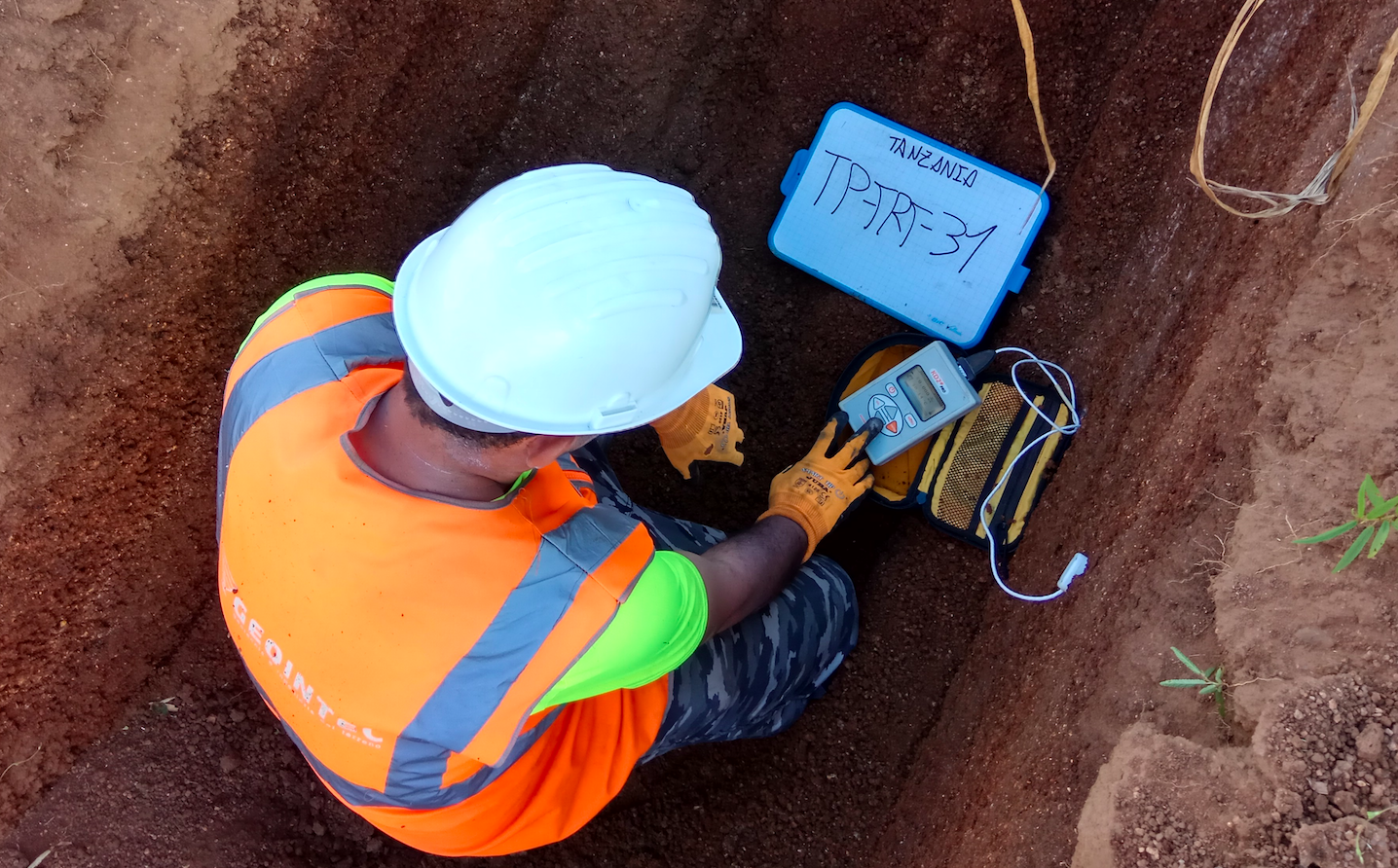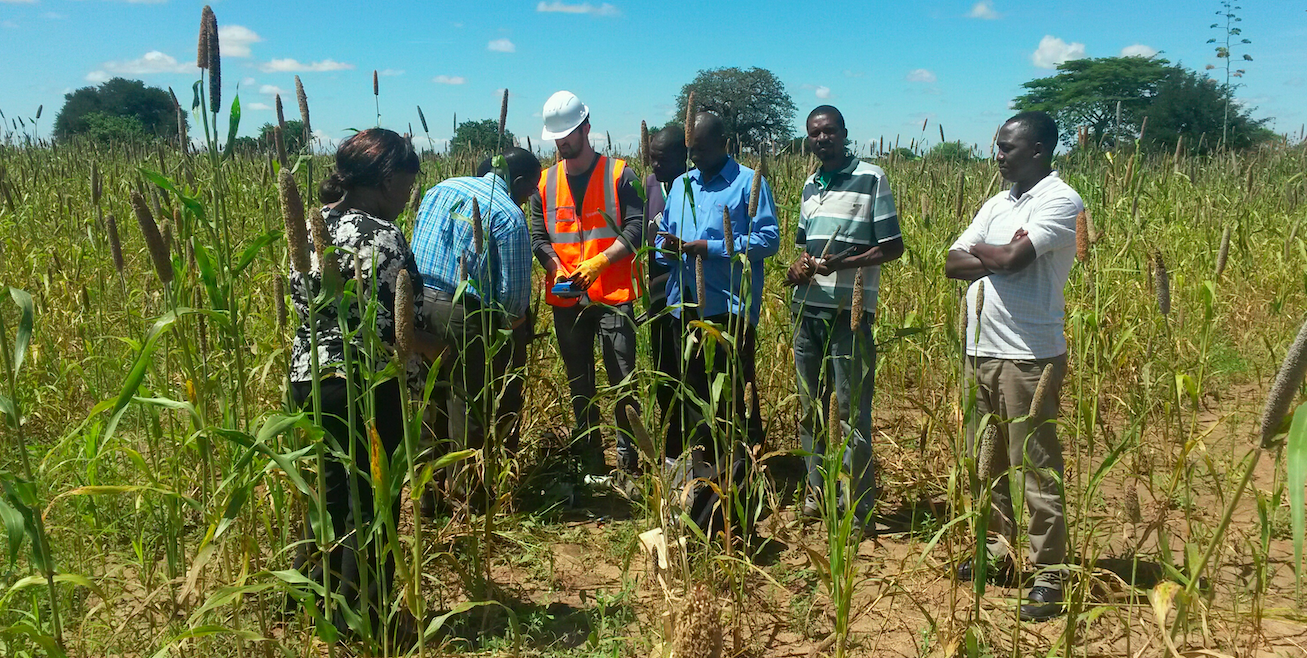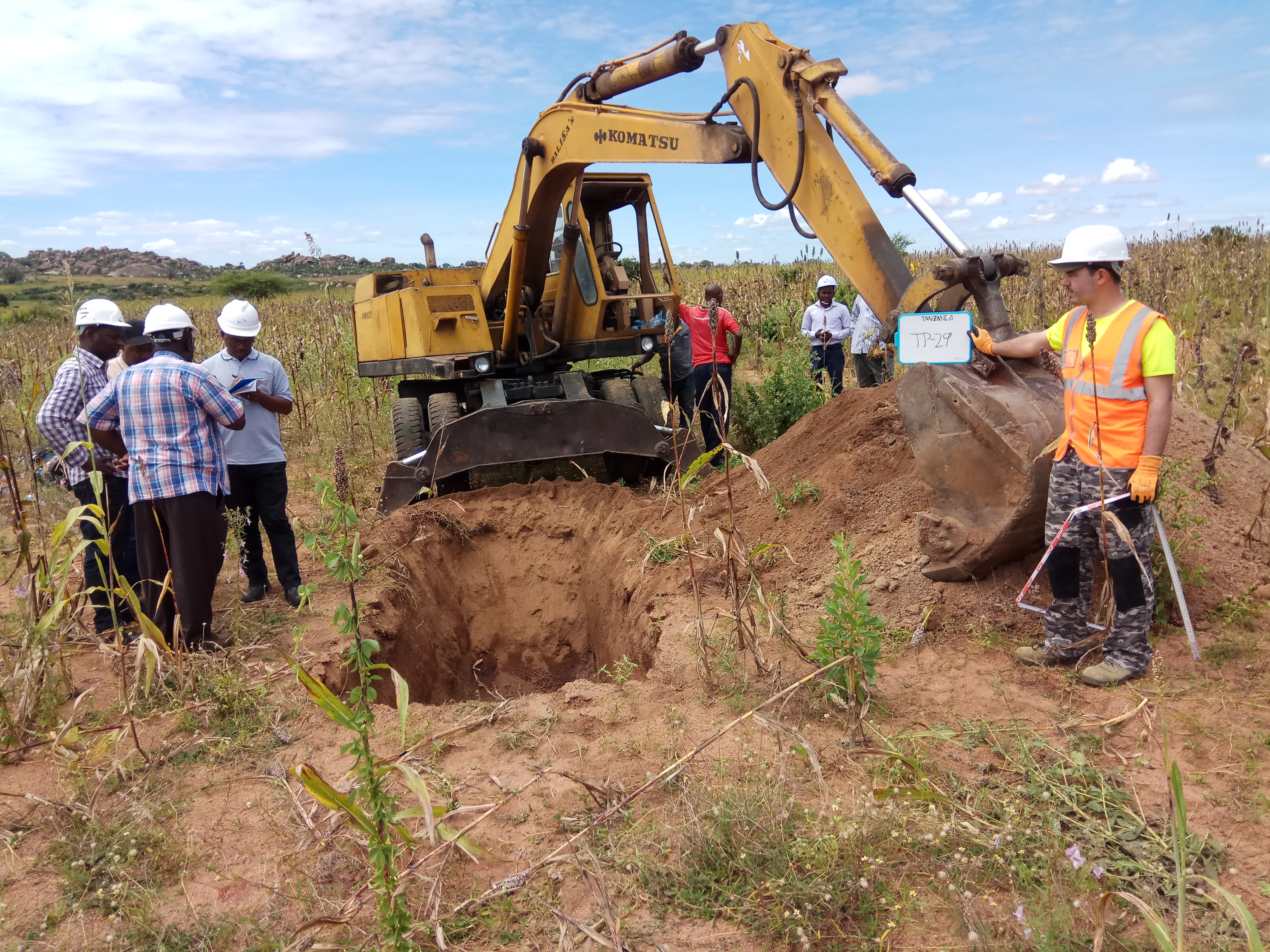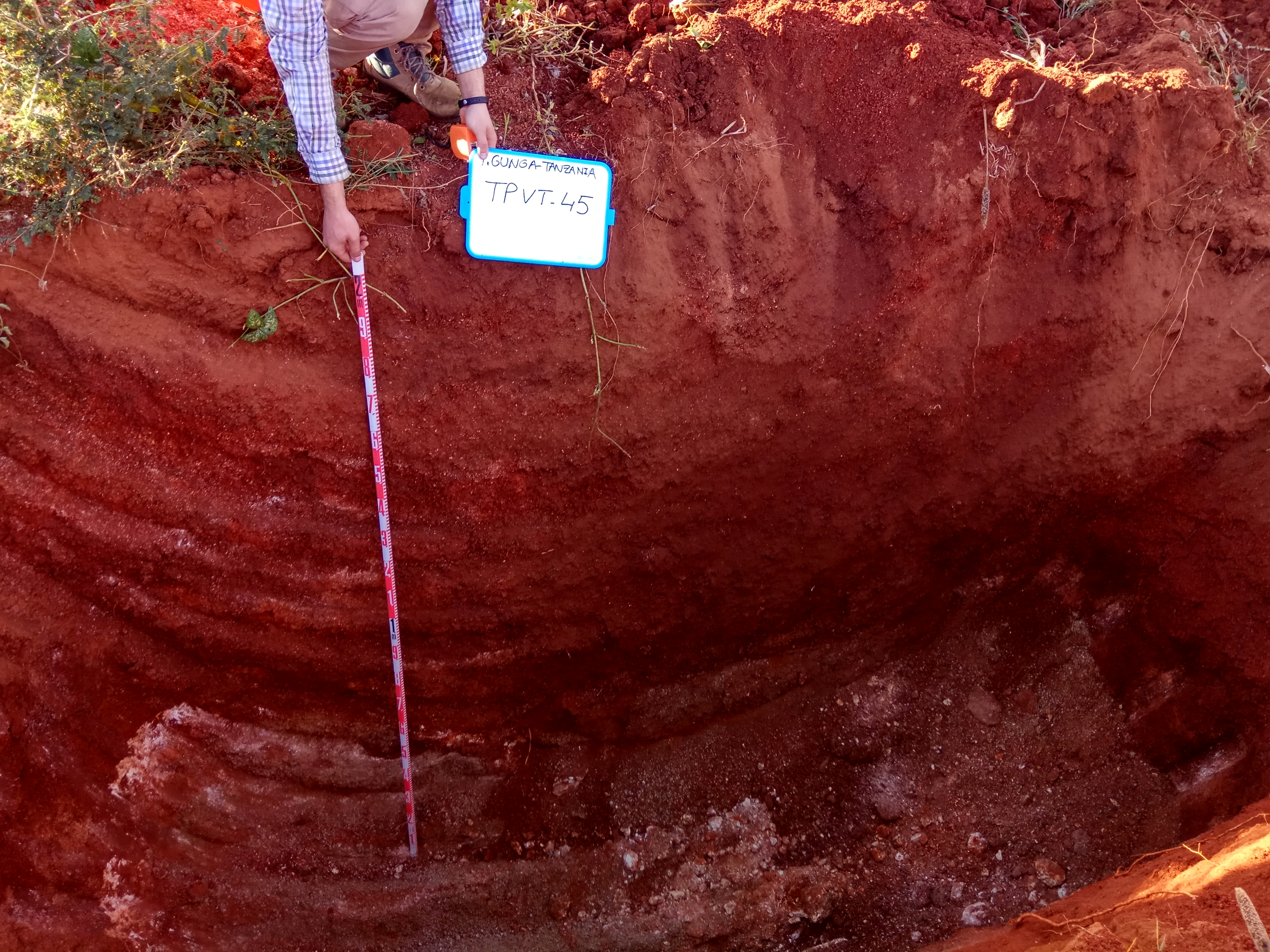Tanzania plans to develop the first solar plant of a certain entity in the country.
Africa presents itself as an emerging market in terms of renewable energies, and Geointec is collaborating actively, providing geotechnical advice in these projects.
One of the critical aspects in the preliminary stage of a project is to properly choose the location of the project, not only due to the conditioning factors of the project, but also to the social, geotechnical and hydrological conditions. For these reasons Geointec provides support in the selection of the most suitable area, based on the geotechnical and hydrological characteristics.
The participation of Geointec in this project has been proposed in two stages: A first stage, in which an informative study and a two-day training was included, dedicated to the training of technicians for the selection of future project locations in Tanzania, and the second stage within the execution of geotechnical and hydrological studies.
Once the most favorable area for the location of the photovoltaic modules was determined. A preliminary study was carried out by means of soil registration and sampling, and in a consecutive manner, a complete geotechnical study consisting of an extension of the registry and sampling of soils, measurements of In situ resistance of the soils using penetration tests and Vane Test device for the determination of the resistance to short-term soil cutting.
The realization of these soil studies in the land exceeding 500 hectares, is important for the construction of this project, with an energy equivalent of 150 MW of power that will be connected to a 20km network and 225 kV tension.
The laboratory tests were analyzed by local laboratories, from which the geotechnical identification was obtained, as well as the chemical characterization for the determination of aggressiveness against steel and the corrosivity against concrete.
Likewise, tests for the determination of the electrical resistivity parameters were carried out with a double purpose, the determination of soil resistivity as a parameter for the analysis of the aggressiveness against steel, and also the evaluation of the soil for the design of earth intakes.
At the same time, a hydrological study was carried out, in order to study the flows discharged by external basins and internal watersheds based on the defined recurrence periods. Safety setbacks were suggested to be established in front of the most important alluvial axis.
According to recent publications from both national and international organizations, Tanzania plans to cover all of the country’s energy demand by 2050 based on renewable energies.



